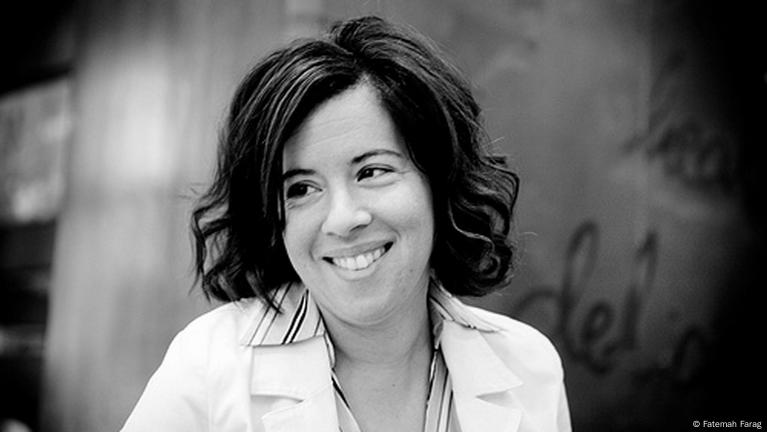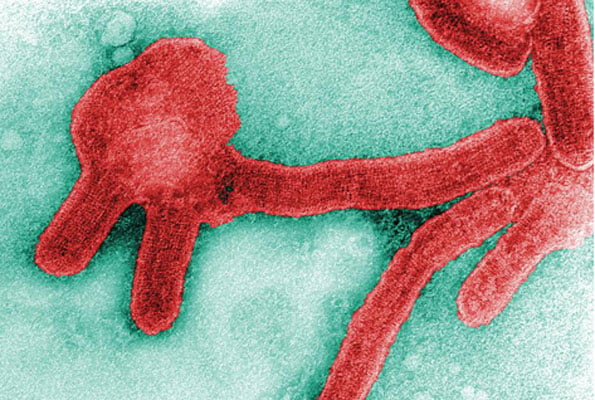World News Day and why the news matters

Writer: Odoobo C. Bichachi. PHOTO/COURTESY
What you need to know:
- “Journalists have to do a better job of explaining themselves. World News Day is a chance to engage your audience, to listen to them tell you about how when they met a journalist their life was improved, and about how strong journalism brings out the facts that empower us all.”
Tomorrow, September 28, is World News Day! This day “was conceived by [then] Globe and Mail editor-in-chief, David Walmsley, and launched in 2018 by the Canadian Journalism Foundation, to change the relationship between the news industry and their audiences.” –WAN-IFRA It has since been embraced by the entire world media. It is pegged on the day designated by UNESCO as the International Day for Universal Access to Information and falls on the same day. The importance of news in our day to day lives goes beyond formal media and academics. It is very much part of our social fabric and in most African societies, it is invoked at every encounter between persons in their exchange of greetings.
The Basoga, for example greet; “Agafa eyo? (What is the news on your side?), and the response usually is “Kodhi eyo!” (Perhaps on your side) if there is no news to share. The Basamia-Bagwe will greet; “Oliyo’tye?” (How are you?), and the response is “Ndiyo mulayi” (I am ok) and this is followed by a rejoinder; “Akhaboolwa? (What is being spoken about?), and the answer will depend on the prevailing news in the community.You can say this about every community in the world.
Students of literature will recall the dialogue between Salanio and his friend Salarino in Shakespeare's Merchant of Venice when the former asks, “What news on the Rialto?” apparently inquiring about a merchant ship that may have been lost at sea. The importance of news in our lives cannot, therefore, be overstated.
Prenishaa Anandakumar says, “The importance of news lies in its ability to inform, educate, foster civic engagement, and contribute to the overall well-being of individuals and society.” News enables us to make decisions that to build our lives, save our lives, or show us opportunities. At the centre of news is journalism. The public values and trusts journalism that is truthful, factual, balanced and nuanced. It detests journalism that misinforms, imperils and maligns.
As we mark this World News Day, it is important that as journalists, we reflect on how we are plying our trade. Walmsley said of the day then: “Journalists have to do a better job of explaining themselves. World News Day is a chance to engage your audience, to listen to them tell you about how when they met a journalist their life was improved, and about how strong journalism brings out the facts that empower us all.”
Suffice to also highlight the deep words of Kathy English, chair of Canadian Journalism Foundation, about this year’s commemoration. She says: “Journalism matters. Facts matter. Truth matters. Without the verified facts that can reveal truth, freedom and democracy can fail. Quality journalism that seeks truth can – and does – make a difference to the citizens of the world. This year, on World News Day 2024, we urge you to choose truth and support your favourite news outlet.”
*****READERS HAVE THEIR SAY
Kevin O'Connor: I have coached Uganda's top female sprinter, Shida Leni, for 11 years. During that time, she has broken the 400-metre Ugandan National Record (on seven occasions) and the 200-metre record. She still holds them both. She has also participated in the Olympic Games, the World Championships and in three Commonwealth Games. Despite all these achievements, your athletics correspondent has not contacted me on one occasion.
In contrast, the New Vision’s athletics correspondent has frequently spoken to me. Indeed, I have an enlarged, framed copy of New Vision's article of Shida's first breaking of the 400-metre national record, hanging in my study! Please regard this as a formal complaint to Nation Media Group. I do not seek unnecessary praise, but I do not expect to be ignored by your reporter. I look forward to seeing your response in your column in Friday’s Daily Monitor.
Public Editor: Dear Kevin, your complaint/feedback was well received and shared with the editors. I have not got a response from the sports desk but I assume this is an omission. That said, the NMG Editorial Policy Guidelines require that in reporting stories, all sides to a story are given, and all relevant sources reached. Article 13 of the guidelines sub-titled “Discrimination” states, inter alia; “Everyone should be accorded equal treatment as news subjects or sources and journalists should not deliberately deny the right of any group to exposure in the media.”
Send your feedback/complaints to [email protected] or
call/text on +256 776 500725




